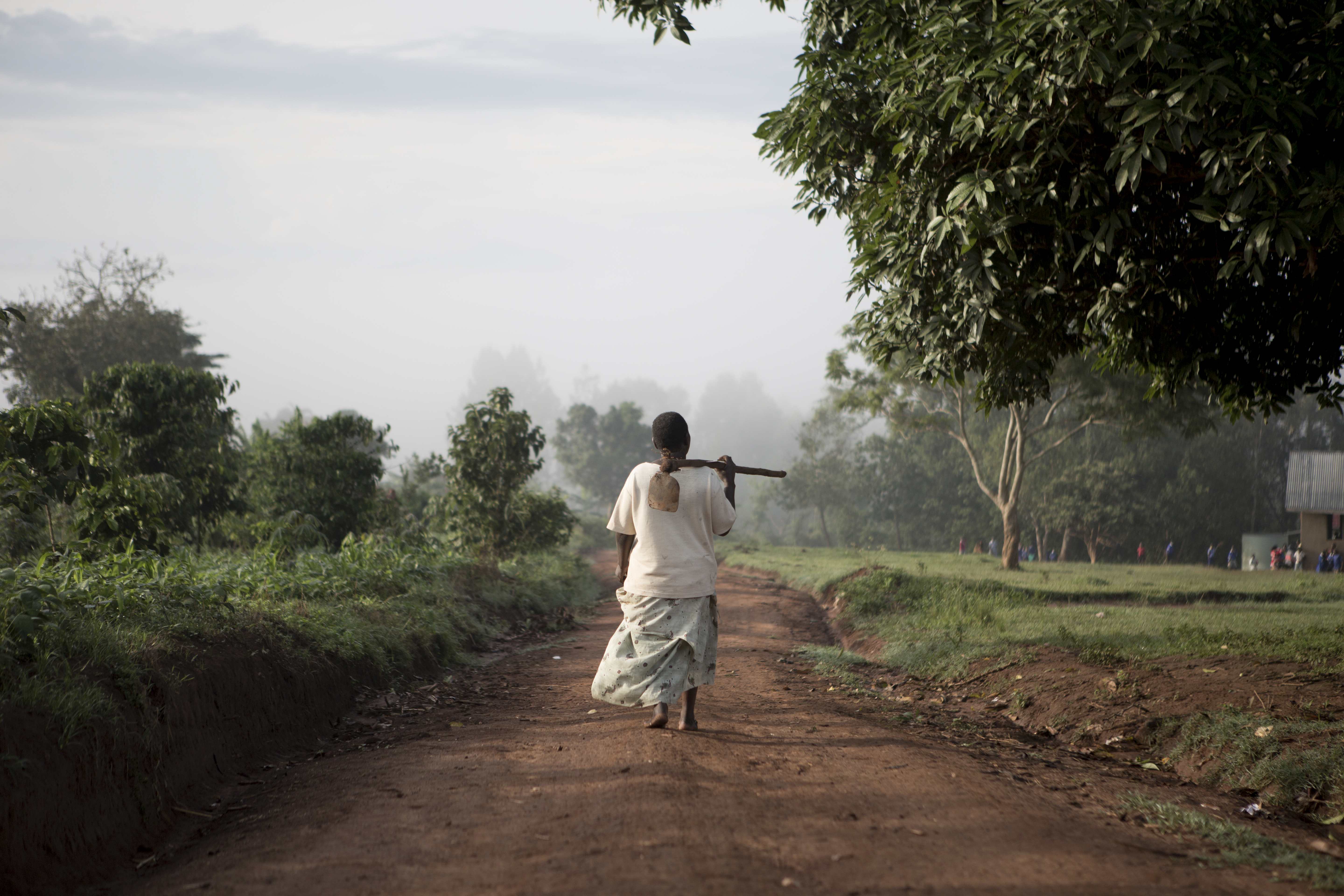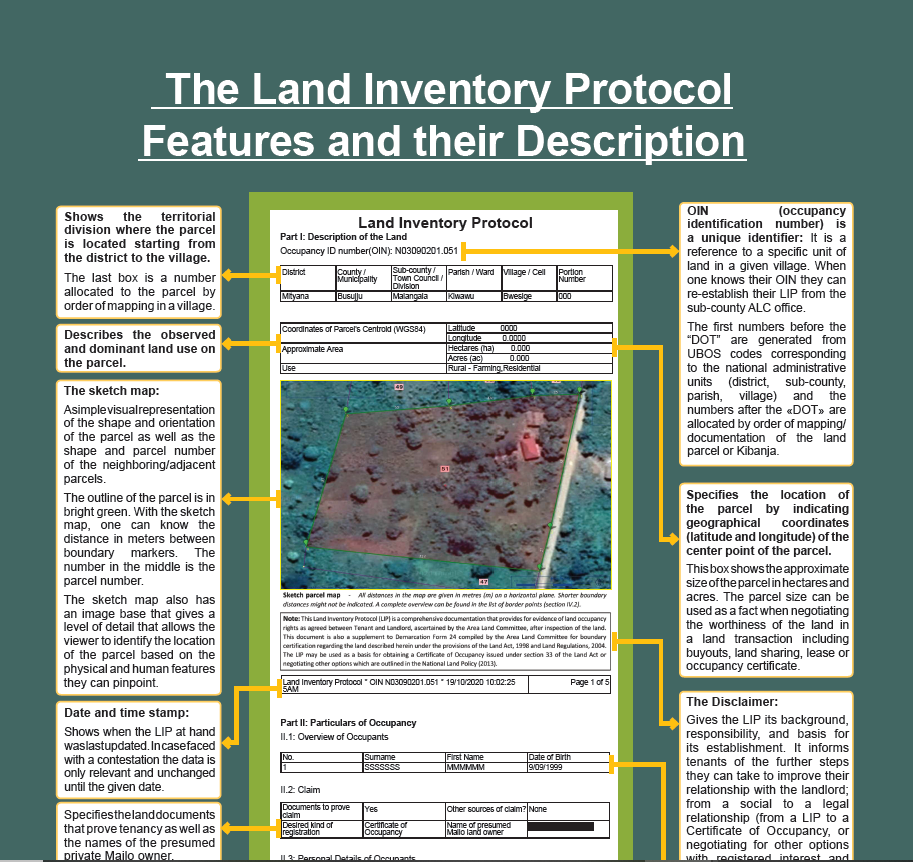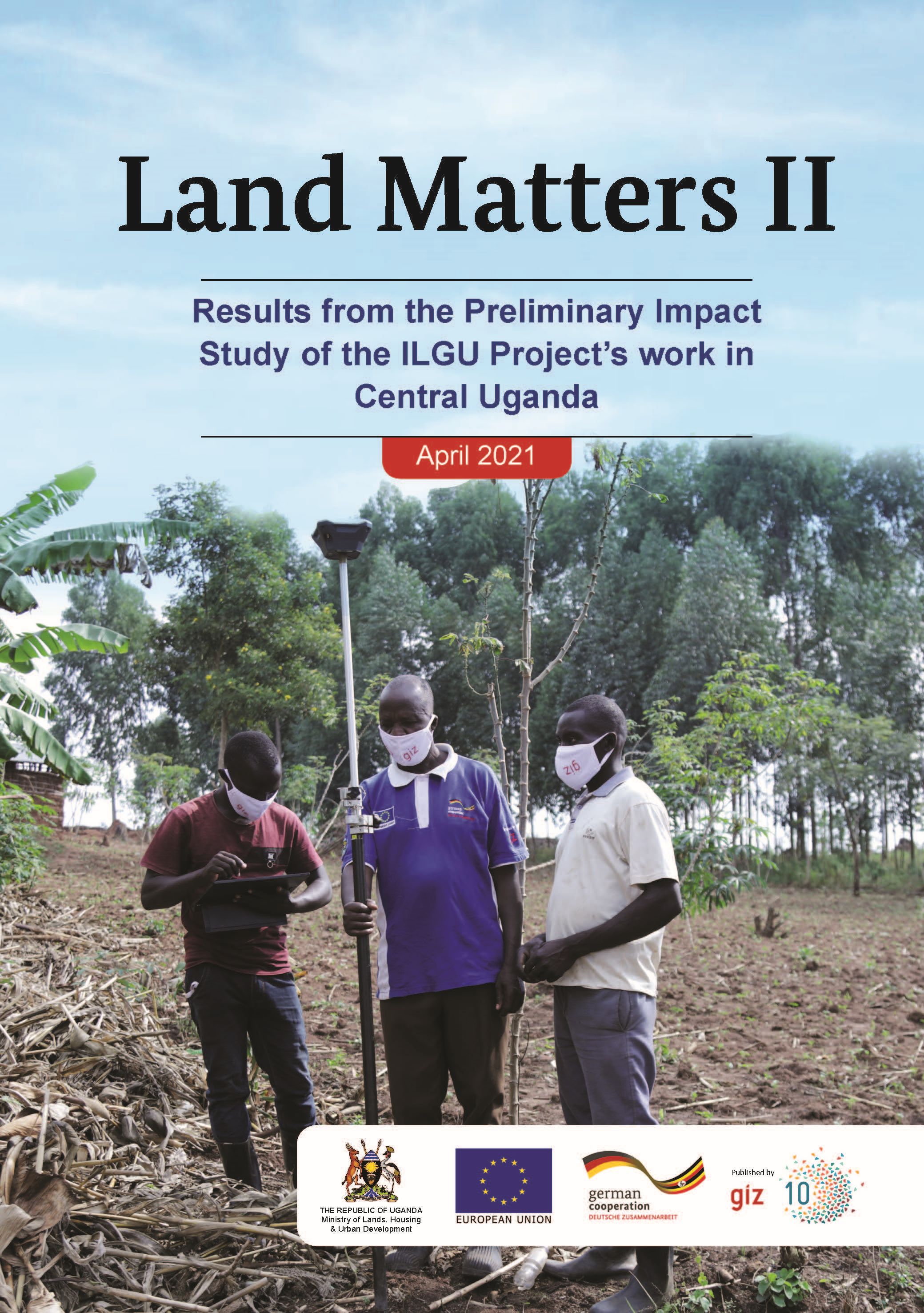
Topics and Regions
Details
Location
Contributions
Displaying 41 - 50 of 128Promoting Responsible Governance of Investments in Land (RGIL) in Laos
The “Responsible Governance of Investments in Land” (RGIL) project in Lao PDR fosters investment quality promotion to ensure that agriculture and forestry investments in land are productive, contribute to sustainable land management and respect the rights and needs of local populations.
Responsible Land Policy in Niger
Niger is a landlocked country with 80% of its land area covered by desert. Only one eighth of the country's land area can be used for agriculture and livestock. Secure access to fertile land is therefore of vital importance as the country’s population economically depends on it. This scarcity of agricultural land is magnified by the extremely high population pressure in Niger, which has the highest fertility rate in the world. Small family farms mainly have traditional land tenure and use rights, which they may formally obtain, but in reality, this is practically impossible due to the low capacity and insufficient skills of the structures in charge of land tenure. In some parts of the country, customary norms and practices restrict youth and women’s access to land, only in exceedingly rare instances do they access quality land. If women or youth are allocated marginal land, there is often no guarantee of long-term use.
As women and youth are particularly affected by the lack of legal security, they generally invest less in soil fertility and production improvement measures. However, the project Promotion de la Politique Foncière Rurale (ProPFR) Niger, adopted in 2021, promotes the same rights for men and women as the law enshrines that all official documents relating to the legal protection of land rights can be acquired equally by women and men. However, customary laws are still predominant and for example restrict women who may be financially able to buy and rent land on the land market, but in practice are confined from such acquisitions.
In addition, since the turn of the century, large-scale private investment in pastureland has increased and has led to large-scale land losses. On a smaller scale, this situation has further been exacerbated by numerous cases of smaller land grabs by farmers. This trend of land concentration is a consequence of the increasing demand for and scarcity of agricultural land and the lack of boundary definitions and use agreements between farmers and herders. Land scarcity has become a permanent source of conflict between farmers on the one hand and herders on the other. Although most of the time farmer-herder conflicts could theoretically be resolved at the local level, they often escalate. This intensifying conflict situation promotes stigmatisation as well as social division and contributes to the general destabilisation in the country.
It is in this context that ProPFR Niger was initiated, funded by the German Federal Ministry for Economic Cooperation and Development (BMZ), with interventions starting in January 2023. The project's objective is to improve the legal protection of access to land for certain population groups, notably women, young people and pastoralists in certain communes of Tillabéri, Tahoua and Agadez. In order to achieve this, the project is divided into three main fields of activity to:
- Improve the institutional framework and procedures for securing land use as well as land ownership rights for smallholder farmers and livestock households,
- Increase civil society participation in the implementation of national land policies and the revision of the land legislation,
- Ensure that private agricultural investors, state and local actors are aware of the main contents of the national rural land policy.
The project will end in May 2026 after 3 years and 5 months of intervention in the regions of Tillabéri, Tahoua and Agadez and aims to achieve:
- Secured land ownership titles for 52,500 smallholder households.
- Collective land use rights and resources in pastoral areas for 700 herder households via social agreements, delimitation decrees and local conventions.
- 80% of conflicts in project target communities are addressed and resolved.
- Private investors will respect the prescriptions of the national rural land law.
Ernst & Young Holdings
About

Interested in regular updates from GIZ land projects? Please register for our Newsletter under this link. Our newsletter is the 8th in the list of Thematic Newsletters.
General introduction to the programme
Context
The livelihoods of large parts of the world’s population depend directly on access to land. If access is denied, the results are often hunger and underdevelopment. According to UN World Food Programme estimates, half of the 815 million people suffering from hunger in 2017 were members of smallholder families. Many landowners and land users possess only informal or traditional land rights, which are often not sufficiently recognised.
Alongside its economic value, land is accorded high traditional, religious and social value in almost all cultures. However, large-scale investments are placing growing pressure on land as a resource. In the absence of protective measures and transparency, as well as inadequate conflict prevention and resolution mechanisms, such investments often lead to conflict, forced expropriation and displacement. Thus, the pressure on land continues to intensify as it becomes increasingly scarce.
Many countries have committed themselves to good land governance and have signed up to the United Nations’ Voluntary Guidelines on the Responsible Governance of Tenure of Land, Fisheries and Forests in the Context of National Food Security. Yet, they still face considerable challenges in upholding these commitments. The rural population, especially women and socially marginalised groups, often lack reliable access to land.
Approach
In cooperation with policymakers in the partner countries, the programme team is working to improve the framework conditions for good land governance. Together with its partners, the programme aims to introduce transparent procedures and mechanisms in land administration, thereby improving the population’s situation with respect to land rights. The programme focuses on three areas of action:
1. Securing land rights for the rural population through improved procedures
In Peru, the main emphasis is on land titles for the areas of indigenous communities, while in Benin, Burkina Faso, Madagascar, Laos and Uganda it is on strengthening individual and collective land and usage rights. Here, the legal security is improved through property titles and long-term leases. The project closely collaborates with related projects who use secure land rights as basis for further activity such as soil conservation and forest rehabilitation.
2. Promoting the participation of civil society in responsible land policy
The project team supports civil society groups that participate in the implementation of new procedures for securing land rights. Civil society actors take on an important role in monitoring conflicts and shaping dialogue processes, and act as service providers.
3. Improving the framework conditions for responsible private agricultural investment
Through a series of awareness-raising and dialogue activities, the project team supports the responsible design of agricultural investments that consider the rights and needs of the local population. In Ethiopia, Uganda and Laos, this field of action is supported and deepened through European Union co-financing (Responsible Governance of Investment in Land, RGIL).
The ‘Voluntary Guidelines on the Responsible Governance of Tenure of Land, Fisheries and Forests’ and the ‘Principles for Responsible Agricultural Investment’ of the United Nations’ Committee on World Food Security (CFS) guide the project’s actions. The activities in the target regions in Madagascar are being implemented by the ECO-GOPA-Land Resources working group.
Promoting Responsible Governance of Investments in Land
Results
The global programme has already been able to strengthen the land rights of over 210,000 small farming households. Of these, more than 83,000 households have registered their land rights in the name of the woman or together as a couple.
The programme has helped to resolve more than 8,120 land conflicts.
More than 222 agricultural investors follow international guidelines and thus contribute to sustainable development.
Land Inventory Protocol - Features and Description
Overview of a Land Inventory Protocol and its features.
Land Matters II
Improvement of Land Governance in Uganda (ILGU) is a project implemented by the German International Cooperation (GIZ), seeking to increase productivity of small-scale farmers on private Mailo land in Central Uganda, co-financed by the European Union and German Government through the German Federal Ministry for Economic Cooperation and Development (BMZ).




